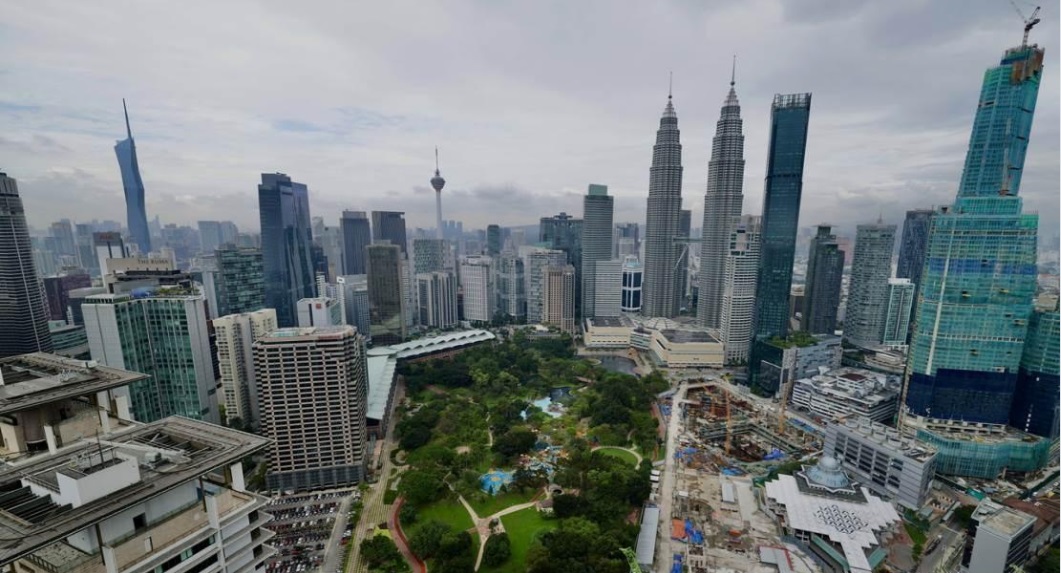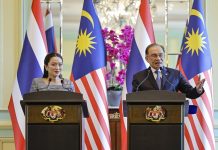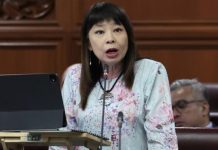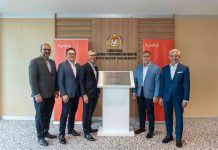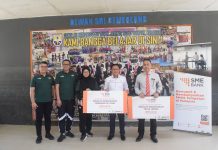By Stephanie Ping
Following the tabling of Budget 2025, WORQ welcomes the government’s commitment to revitalizing Malaysia’s economy and enhancing its competitiveness. The plan represents a significant opportunity to address the pressing challenges the nation faces.
Embracing Digital Transformation
The emphasis on digital transformation in Budget 2025 underscores the importance of technology in enhancing productivity and innovation. Malaysia, as one of the leading digital economies in Southeast Asia, is projected to have its digital economy contribute 25.5% to gross domestic product (GDP) by 2025, making this a timely announcement.
WORQ recognizes the importance of future-proofing the local business community. This commitment has led the company to create an environment that encourages collaboration among professionals and startups, fostering a culture of innovation.
WORQ has actively supported various initiatives by the Malaysia Digital Economy Corporation (MDEC), including the DE Rantau programme, which attracts digital nomads by offering vibrant workspaces and community support for remote work.
These initiatives to create collaborative spaces for the local business community align with other programmes like the Malaysia Digital (MD) status and the Malaysia Tech Entrepreneur Programme (MTEP), both of which promote a skilled and adaptable workforce. Continued investment in the country’s digital goals is essential for boosting Malaysia’s competitiveness in the global market.
Recognition of Flexible Working Arrangements
Recent investments from international tech giants like Google and Microsoft highlight Malaysia’s potential as a regional digital hub, accelerating the growth of digital-first workforces that thrive in flexible workspaces.
With the freedom to choose when and where they work, employees are not only more engaged but also contribute to increased organizational efficiency — ultimately positioning Malaysia as an attractive destination for talent in the competitive digital economy.
The government’s investment in promoting flexibility in the workplace is a crucial step forward, enabling companies to compete on a level playing field. The 50% tax deduction on expenses related to capacity building and software acquisition for implementing flexible work arrangements, with a cap of up to RM500,000, reflects a proactive approach to supporting businesses as they adapt to new work models. This incentive fosters a work environment that leverages both digital advancements and flexible practices.
Furthermore, more Malaysian companies can now attract and retain a diverse talent pool, including individuals who may not thrive in traditional office settings.
The new initiatives also offer opportunities to non-traditional 9-to-5 workers, such as women returning to the workforce, caregivers, persons with disabilities (PWD), and retirees, by providing workspaces that support their needs.
Flexible arrangements enable shorter hours, project-based roles, and consulting opportunities, allowing individuals to find meaningful work while enhancing their well-being. A diverse workforce can be a valuable asset to businesses, making inclusive and adaptable workspaces an important development.
Empowering Micro, Small, and Medium Enterprises (MSMEs)
Budget 2025 makes significant strides in improving the local business environment, particularly for startups and MSMEs, which have been the backbone of Malaysia’s economy, driving innovation and job creation.
The RM50 million allocation for the MSMEs Digital Grant, which includes a digital matching grant and vendor grant under Bank Simpanan Nasional (BSN), is crucial for helping MSMEs adopt digital solutions and remain competitive in an increasingly digital marketplace.
This grant simplifies access to funds for entrepreneurs, promoting growth and investment in businesses. By easing the application process, the government has created a supportive environment for innovation and development. WORQ, a long-time supporter of local entrepreneurship, will continue to provide mentorship and networking opportunities through its network of coworking spaces and innovation hubs.
Leveraging Public-Private Partnerships
The government’s commitment to expanding public-private partnerships (PPPs), with RM9 billion of projects being implemented, will spur economic growth by combining the strengths of both sectors to drive innovation and infrastructure development.
Additionally, the RM25 billion in domestic investments by government-linked investment companies will be critical in supporting more successful PPPs in the coming years.
WORQ is already witnessing the positive impact of these initiatives, with Kumpulan Wang Persaraan (Diperbadankan) (KWAP) allocating RM1 billion for its Dana Perintis fund, aimed at supporting local startups, with RM200 million set aside for 2025. KWAP’s leadership in investing in the startup ecosystem is expected to attract more local and foreign startups to establish and expand in Malaysia.
Effective partnerships create synergies that benefit the economy as a whole. Collaborative efforts in research and development, for example, can lead to breakthroughs that propel Malaysia forward on the global stage.
By encouraging more PPPs, the government ensures that resources are optimally utilized and that the benefits are widely shared.
As WORQ reflects on the initiatives outlined in Budget 2025, it is essential to consider the long-term vision for Malaysia’s economy. The proposed measures aim to address immediate challenges while laying the groundwork for a sustainable and inclusive economic future.
WORQ believes that fostering a culture of innovation and resilience is key to navigating the complexities of the modern economy. This budget is a critical step in repositioning Malaysia on the global stage, and WORQ is eager to play its part in building a stronger, more competitive economy for all.
Stephanie Ping is the CEO and co-founder of WORQ




